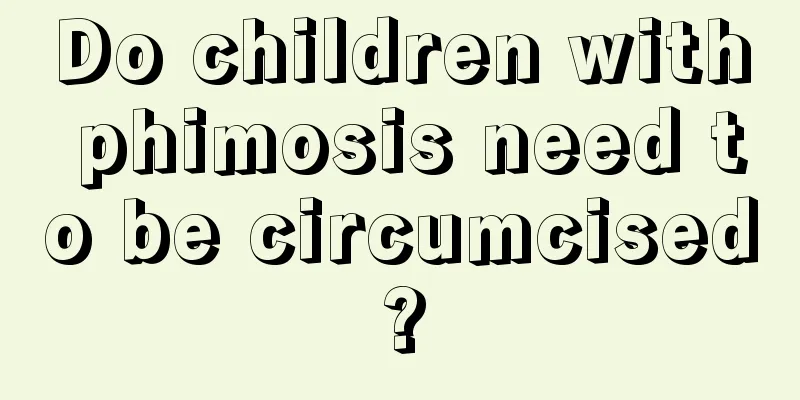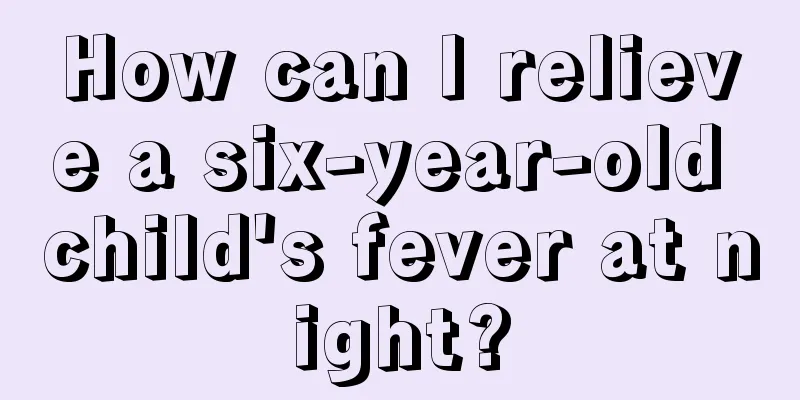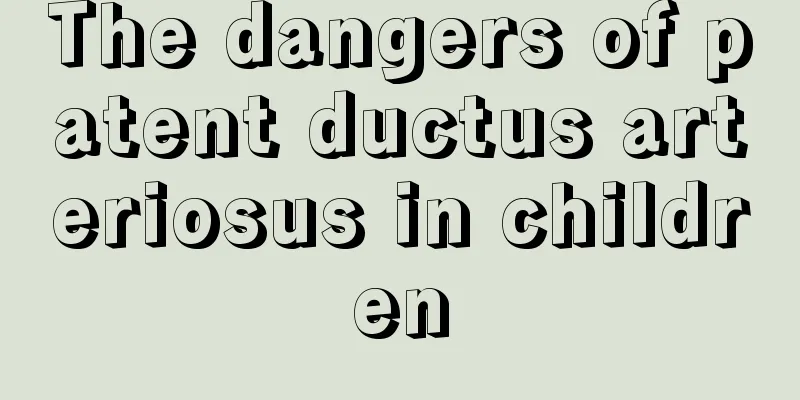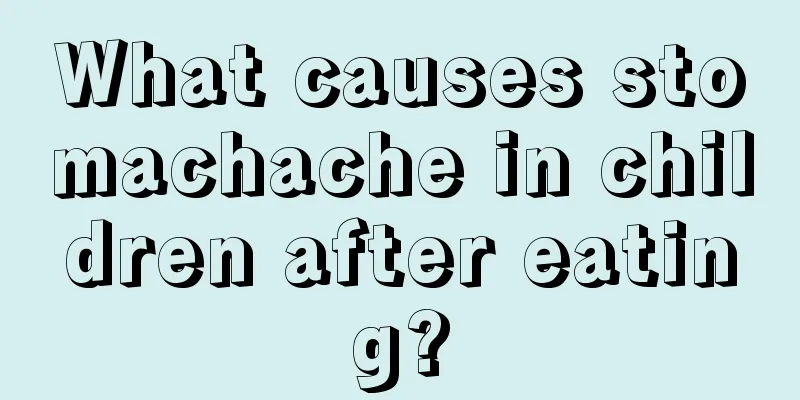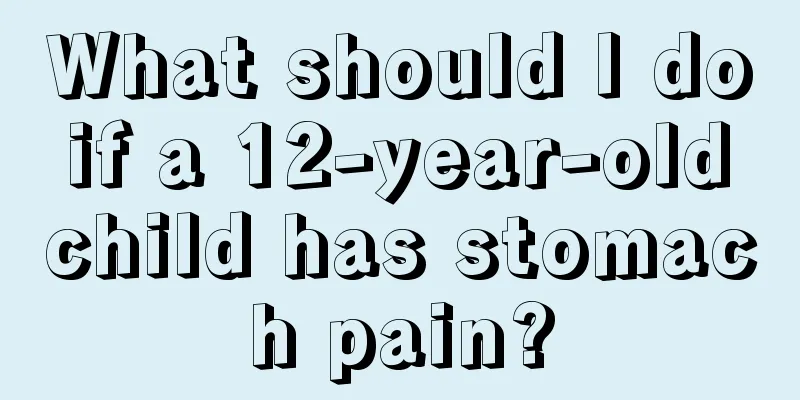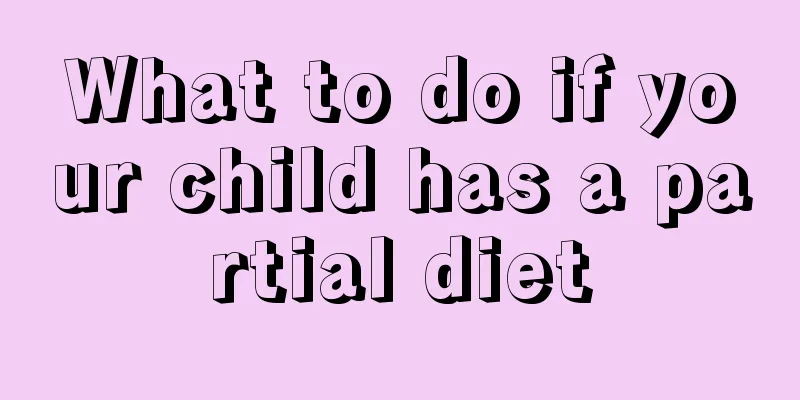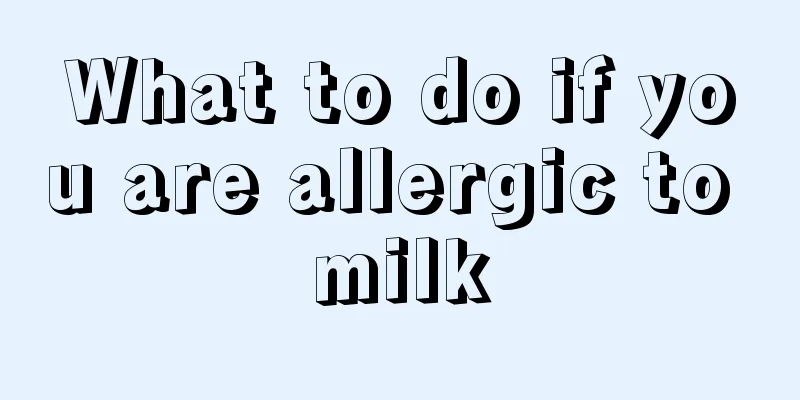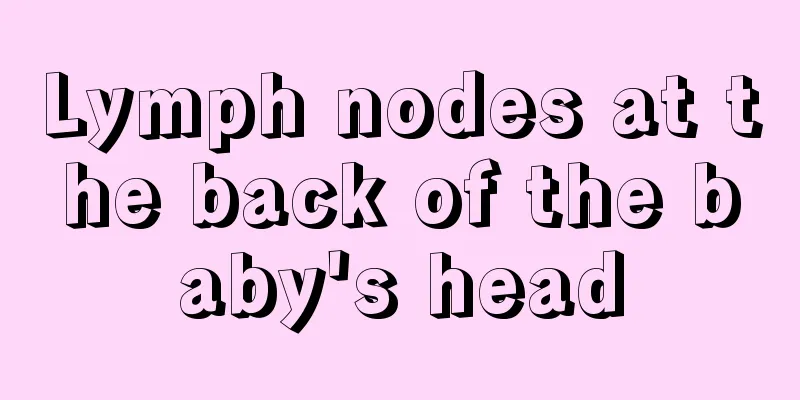How to treat wheezing pneumonia in children?
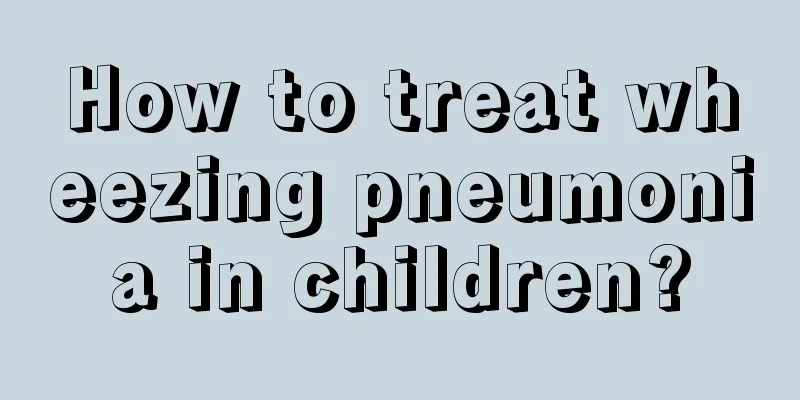
|
Because people don’t know enough about pneumonia, often in the early stages of the disease, many parents will treat their children’s pneumonia as a cold. This also leads to the best time to treat pneumonia, which will aggravate the child’s condition and make the child suffer. I hope you will read the following content carefully, search and understand how to distinguish between pneumonia and colds, and hope to be able to treat pneumonia correctly. When pneumonia occurs, weak children may not have a fever or may even have a body temperature lower than normal. There will be coughing, and generally there are symptoms such as poor appetite, poor spirits or irritability, and disturbed sleep. Severely ill children may experience symptoms of breathing difficulties such as flaring of the nose and bluish discoloration around the mouth, and may even suffer from respiratory failure and heart failure. Children with the disease may also experience digestive system symptoms such as vomiting, abdominal distension, and diarrhea. Don't mistake pneumonia for a cold. One test, two looks and three listens are enough to distinguish the two: The first test mainly measures body temperature. Children with pneumonia will have a persistent fever, which is usually above 38°C. The use of antipyretics can only provide temporary relief. If children have a cold and fever, their condition will be significantly relieved after taking antipyretics. Second, it mainly includes the following four aspects: look at the throat and breathing conditions. Most children with pneumonia have severe coughing and wheezing, which often causes difficulty breathing. Looking at the mental state, children will be in a bad mental state when they have pneumonia; while when children have a cold, their mental state is generally better. Look at the diet. When children suffer from pneumonia, their diet will decrease significantly; but when children have a cold, their diet will remain normal. Looking at sleep, when children have pneumonia, they sleep more, wake up easily, cry a lot, and have a tendency to have worsening breathing difficulties at night; when children have a cold, their sleep is normal. The third listening refers to the child’s chest. Parents can listen carefully to the chest walls on both sides of the child's spine when the child is quiet or asleep. Generally, children with pneumonia will hear "gurgling" and "gurgling" sounds at the end of exhalation; but when the child has a cold, there will be no such sounds. If your child catches a cold and the cold medicine doesn't work, don't continue giving him or her any more medicine, because it may be caused by pneumonia. Yesterday, the editor reminded you to pay attention when your child catches a cold or cough. If not treated in time, it may affect your baby's future health. |
<<: What are the causes of intestinal hernia in children?
>>: What causes abdominal hernia in children?
Recommend
What to do if your child has refractive error
With the popularization of the Internet and the i...
Why are three-month-old babies easily frightened?
In life, some parents always complain that their ...
What's wrong with the baby's laxatives?
We usually pay special attention to the baby'...
How to adjust the newborn baby's upside-down sleep
Children's sleep is of great significance to ...
What are the symptoms of cerebral palsy in children?
I believe that some parents have had this experie...
What should I do if my child has something stuck in his nose?
Children are very naughty and often do dangerous ...
What are the developmental indicators of eight and a half month old babies?
Every child is an angel, and the birth of a newbo...
What to do if your baby always gets better from a cold
Children can be said to be the treasure of a fami...
Is it good to give your baby a bath in the morning?
Many children are born to love water. This is clo...
How to prevent stuttering in children?
There are many aspects of children's growth t...
Developmental delay in children
As parents, children's health is a matter of ...
What are the recipes for babies over six months old?
When preparing food for your baby, you cannot do ...
What are the treatments for cerebral palsy in children?
Cerebral palsy is a disease that can easily occur...
What are the signs of a three-year-old baby’s low IQ?
As a baby grows, intellectual development is very...
Why is there mucus in the stool of a three-month-old baby?
Three-month-old babies are generally breastfed, s...
